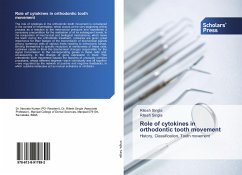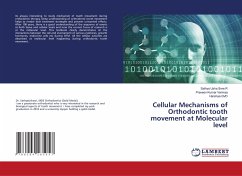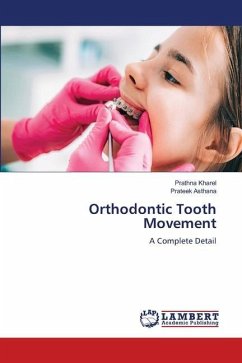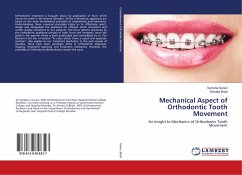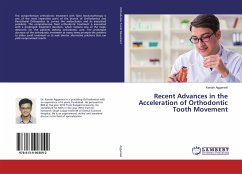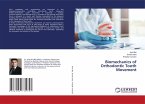The role of cytokines in the orthodontic tooth movement is considered in the context of inflammation, which occurs at the very beginning of this process as a reaction to the mechanical pressure and represents a necessary precondition for the realization of all its subsequent levels. In the conjunction of mechanical and biological mechanisms, which move the teeth during the orthodontic treatment, cytokines are given great importance for their feature of the transmission of biochemical signals among numerous cells of various kinds reacting to orthodontic forces. Binding themselves to specific receptors at membranes of these cells, cytokines cause in them the biochemical changes responsible for the signal transmission to the corresponding genes in these cells and, consequently, to the change of gene expression in them. This orthodontic tooth movement causes the features of unusually complex processes, whose different degrees¿each individually and all together¿are regulated by the network of positive and negative feedbacks, in which cytokine molecules act as mutual activators or inhibitors.

